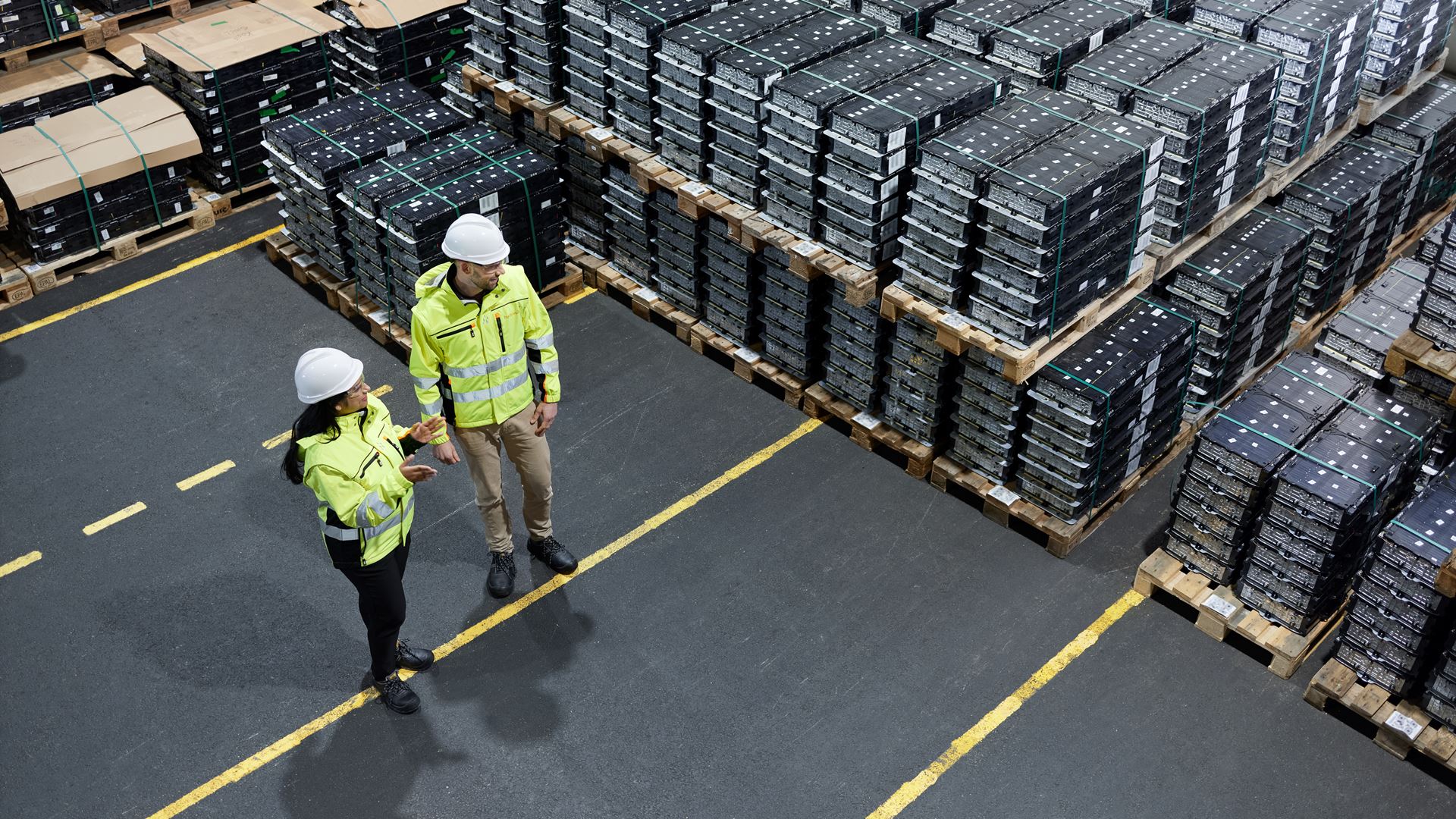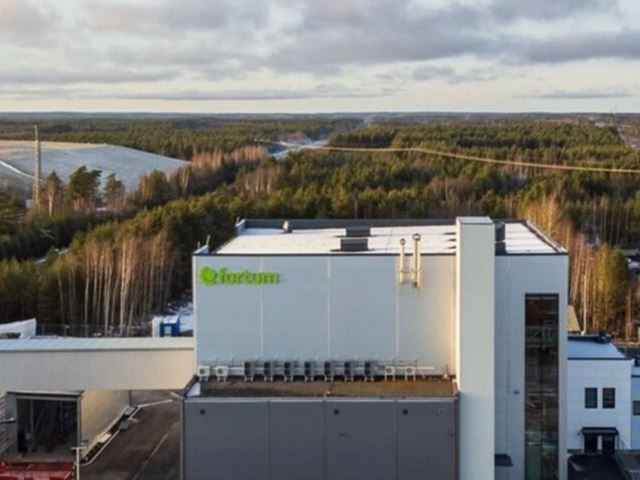
- Latest: Welcome to Auto Futures - Mobility News, Features, Exclusives and More...
- Latest: Subaru Europe Unveils the Brand's First All-Electric Compact SUV
- Latest: Lucid, Nuro & Uber Partner on Next-Generation Autonomous Robotaxi Service
- Latest: GM & Redwood Materials to Repurpose EV Batteries for Energy Storage
- Latest: Stellantis Discontinues Hydrogen Fuel Cell Technology Development Program
- Latest: Paving the way for an Electrified Future - L-Charge CEO
Making Sure not a Single EV Battery is Ever Wasted - Hydrovolt's CEO, Ole-Christen Enger
Adrian Smith
- Mar 12 2024

Hydrovolt was established in 2020 as a joint venture between the industrial company Norsk Hydro and the Swedish battery manufacturer Northvolt. Today it is sourcing electric vehicle (EV) batteries from the 'urban mine' for recycling and recovery of the critical raw materials in its plant in Norway.
"The company was established to deliver sustainable battery recycling in Europe, and to ensure that no battery is ever wasted," Ole-Christen Enger, Hydrovolt's CEO, tells Auto Futures.
Hydrovolt has implemented a unique, dry-environment recycling process that is specifically designed to maximise recovery rates and recycling efficiency.
"The benefits of our process are cleaner outputs and minimum environmental footprint. The products we produce are therefore high-quality and sustainable raw materials that can reenter the battery manufacturing processes in a fully circular value chain," he says.
The recycling process follows several steps. Firstly the team checks the health and status of the battery to ensure that they handle the batteries safely. The energy left in the batteries is discharged and the battery is short-circuited for safe handling downstream. The various parts of the battery are then dismantled.
"We crush modules in an inert and fully closed system. The electrolyte is evaporated and collected in a separate tank...A sorting line sorts the material into roughly 15 various fractions."
The recycled materials are then collected in bags ready to be sold to its customers.

Harvesting Energy
Hydrovolt operates one of Europe’s largest EV battery recycling plants in Fredrikstad, in southern Norway. It has capacity to process 12,000 tons of battery packs on annual basis. That's sufficient to recycle the entirety of the Norwegian end-of-life battery market.
The company says the plant operates with the highest sustainability standards.
"To document our sustainability performance, we have performed a life cycle analysis that is currently undergoing third party verification. Our plant is running on renewable energy, with an onsite solar PV system combined with a battery energy storage system. By discharging and harvesting the energy from the collected batteries, we are able to store the energy and use it for our own consumption or sell it to the local grid," explains Enger.
The facility is designed to handle the current end-of-life market in Norway. In the future the plant will probably need to be further scale to keep up with the expected volumes.
"Hydrovolt aims to maintain its leading position in Norway, while expanding our business and taking a significant share of the European EV recycling market by 2030. We are developing our operational capabilities and business offering to grow into a leading position within sustainable battery recycling."

Nordic Knowhow
Hydrovolt has recently announced a partnership with the Nordic energy company Fortum. The collaboration is designed to help accelerate sustainable recycling capacity in the region.
"Together, both parties cover the whole value chain from end-of-life batteries are collected to recycled critical raw materials are produced, ready to reenter the battery production process. The new EU sustainable batteries regulation has ambitious targets for recovery rates and recycling efficiency, and by covering and collaborating throughout the value chain we intend to deliver on these targets," says Enger.
In a press release, Tero Holländer, Head of Fortum Battery Recycling, adds: "It is important to us to work with partners that share the same vision as we do – providing safe, cost-effective, and sustainable services for battery handling. Together, we can drive the battery industry forward with more efficient and sustainable solutions while also promoting Nordic collaboration and knowhow."
Norway has been rightfully praised for its high adoption of EVs. We asked Enger what other countries can learn from Norway.
"The Norwegian government started supporting the purchase of EVs back in the 1990s with a range of measures. A combination of financial incentives and practical perks like access to separate public transportation lanes gave a strong initial push to the adoption. Also, the government facilitated the build-up of charging capacity. Now, the EV share of new cars sold is 90%," he answers.
"With the right incentives and political will, it is truly possible to make a swift transition to electric vehicles," concludes Enger.
Popular Categories
